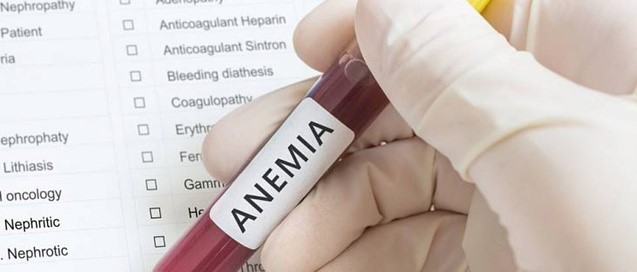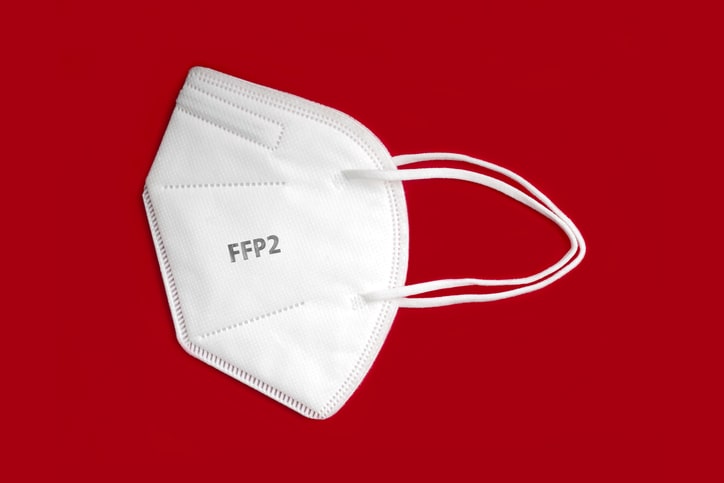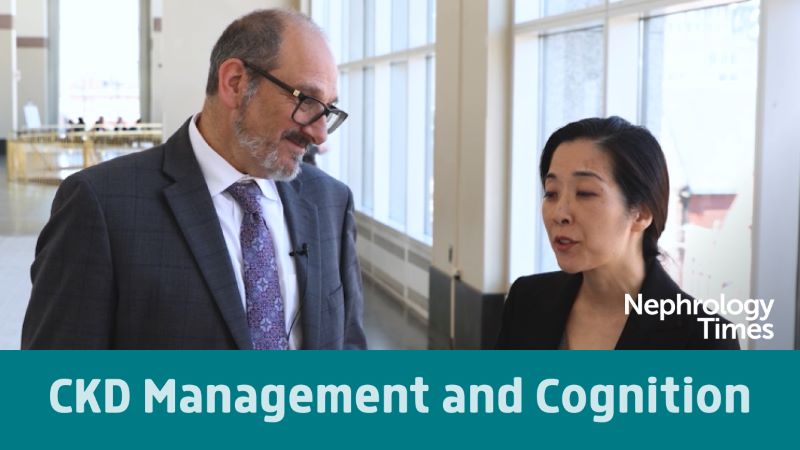
Due perhaps to unrecognized symptoms and signs of pediatric chronic kidney disease (CKD), there are few data available on the epidemiology of children incidentally diagnoses with advanced kidney failure while being evaluated for non-specific symptoms. Wael M. Abukwaik, MD, and colleagues conducted a study to examine incidentally diagnosed patients with advanced kidney failure requiring long-term kidney replacement therapy (KRT). Results of the study were reported online in Pediatric Nephrology [doi:10.1007/s00467-021-05293-4].
The study was a retrospective chart review of children who initiated KRT with hemodialysis or peritoneal dialysis. Eligible patients were children with no prior knowledge or diagnosis of underlying kidney disease who had CKD stage 4 (glomerular filtration rate [GFR] 15-29 mL/min/1.73 m2) or stage 5 (GFR <15 mL/min/1.73 m2) at initial presentation, and who initiated chronic KRT within 2 months of presentation.
A total of 177 patients initiated KRT during the study period. Of those, 15% (n=26) were categorized as incidental advanced kidney failure. Mean age of the kidney failure cohort was 12.25 years, 42% were male, 54% were Black, 46% had glomerular etiology for kidney failure, and 54% had non-glomerular etiology for kidney failure.
The most common symptoms were vomiting (42%) and fatigue (39%); growth failure (19%) and hyperkalemia (7%) were less frequent on initial presentation. The most frequently seen comorbidities were anemia (100%), hypertension (96%), hyperparathyroidism (96%), and hyperphosphatemia (92%), Chronic KRT was initiated within 24 hours in 62% of the cohort and within 2 weeks in 88%.
In summary, the researchers said, “Under-diagnosis of patients with advanced kidney failure is most likely related to milder non-specific clinical symptoms and normal growth in the majority of patients.”







 © 2025 Mashup Media, LLC, a Formedics Property. All Rights Reserved.
© 2025 Mashup Media, LLC, a Formedics Property. All Rights Reserved.